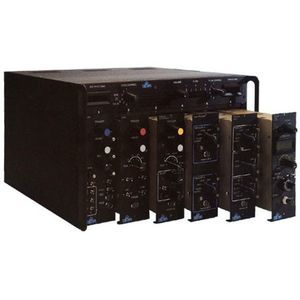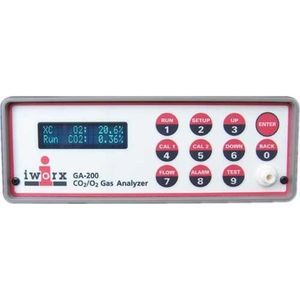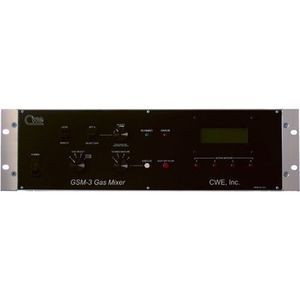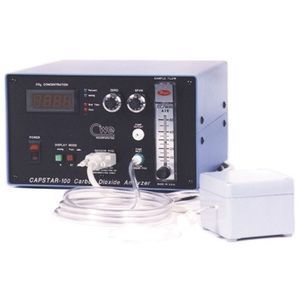
Animal research biosignal acquisition system ETH-256USB
Add to favorites
Compare this product
Characteristics
- Applications
- for animal research
- Other characteristics
- USB
Description
The ETH-256 is a 2 channels high performance, general-purpose life science research amplifier, allowing faithful low noise recording of biopotential (Electrocardiogram, Electromyography, Electroencephalogram) signals. And ideal tool for both physiology and pharmacology teaching and research!
The ETH-256 is a high performance general-purpose life science research amplifier. Its high input impedance and high CMR allow faithful low noise recording of biopotential (ECG,EMG,EEG) signals, as well as outputs from strain gauge type transducers, such as force, displacement and pressure.
Each channel can provide ±5.0V of excitation at 50 mA, adequate for most commonly used transducers. In addition, customers may specify adapter cables to accommodate Grass, Gould or HP sensors.
Working principles
The ETH-256 offers eight gain settings, x1, x5, x10, x50, x100, x500, x1k and x5k. Signals may be further conditioned using high and low pass frequency filters. All filters are four pole active design with sharp roll offs. High pass filter cuts, useful for biopotential measurements, are available at DC, 0.03 Hz, 0.3 Hz and 3 Hz. Low pass filters, useful for limiting high frequency noise, are available at 5 Hz, 50 Hz, 150 Hz, 2 kHz and 10 kHz.
Either of the ETH-256 amplifier's channels may be configured as a bridge-style transducer amplifier or as a biopotential amplifier. In bridge mode the ETH-256 amplifier's 10 GW input impedance and differential input allow it to accept input from force, displacement or pressure transducers. In addition, input from many thermistors, pH electrodes and other variable resistance devices is possible.
Catalogs
No catalogs are available for this product.
See all of Bioseb‘s catalogsExhibitions
Meet this supplier at the following exhibition(s):
Related Searches
- Analysis software
- Thermometer
- SpO2 monitor
- Control software
- Digital thermometer
- Laboratory software
- Windows software
- Automated software
- Infrared thermometer
- Monitoring software
- Electronic ventilator
- Acquisition software
- Tracking software
- Non-contact thermometer
- Portable ventilator
- Recording software
- Vital signs monitoring device
- Probe thermometer
- Digital control unit
- Compact pulse oximeter
*Prices are pre-tax. They exclude delivery charges and customs duties and do not include additional charges for installation or activation options. Prices are indicative only and may vary by country, with changes to the cost of raw materials and exchange rates.












